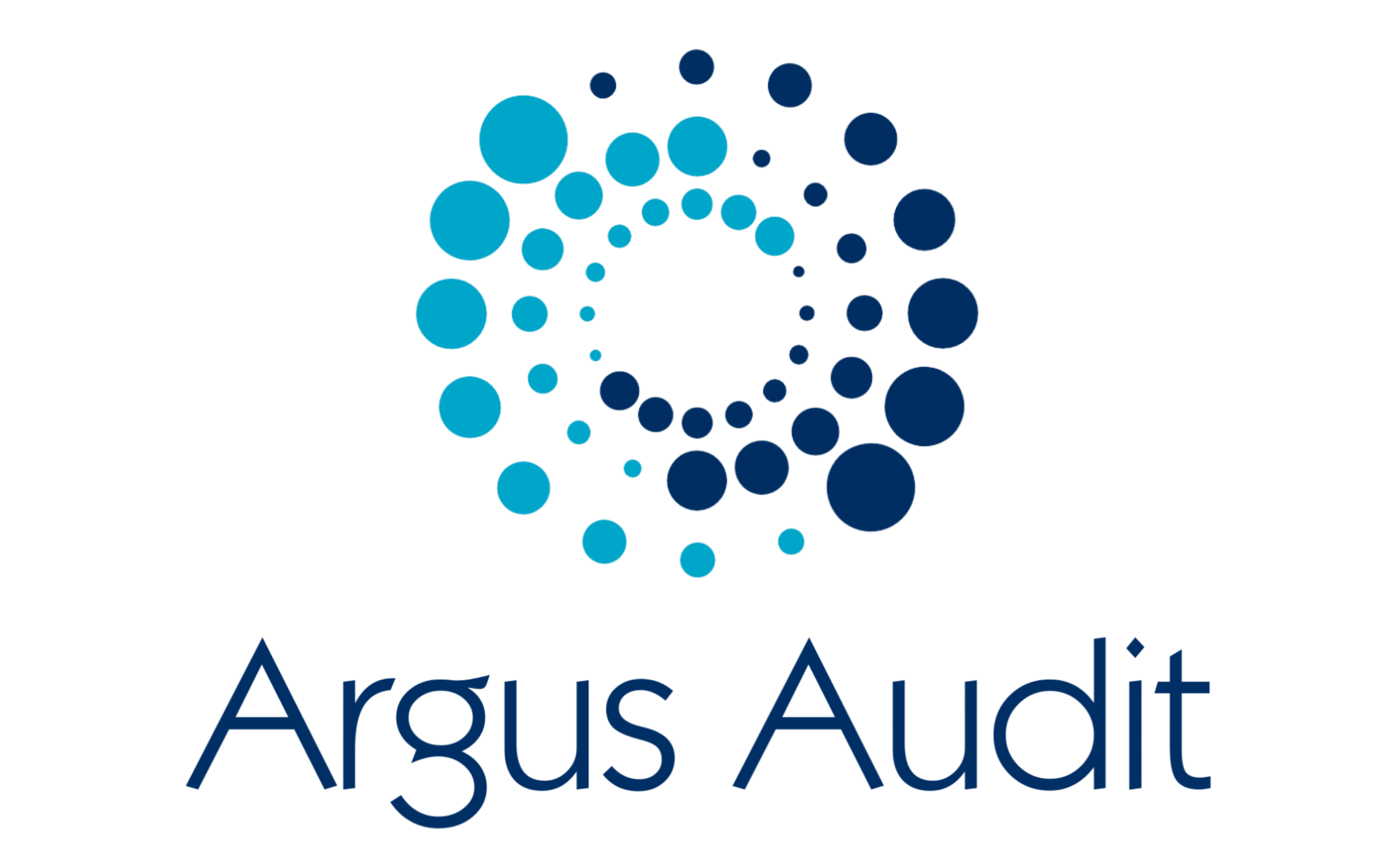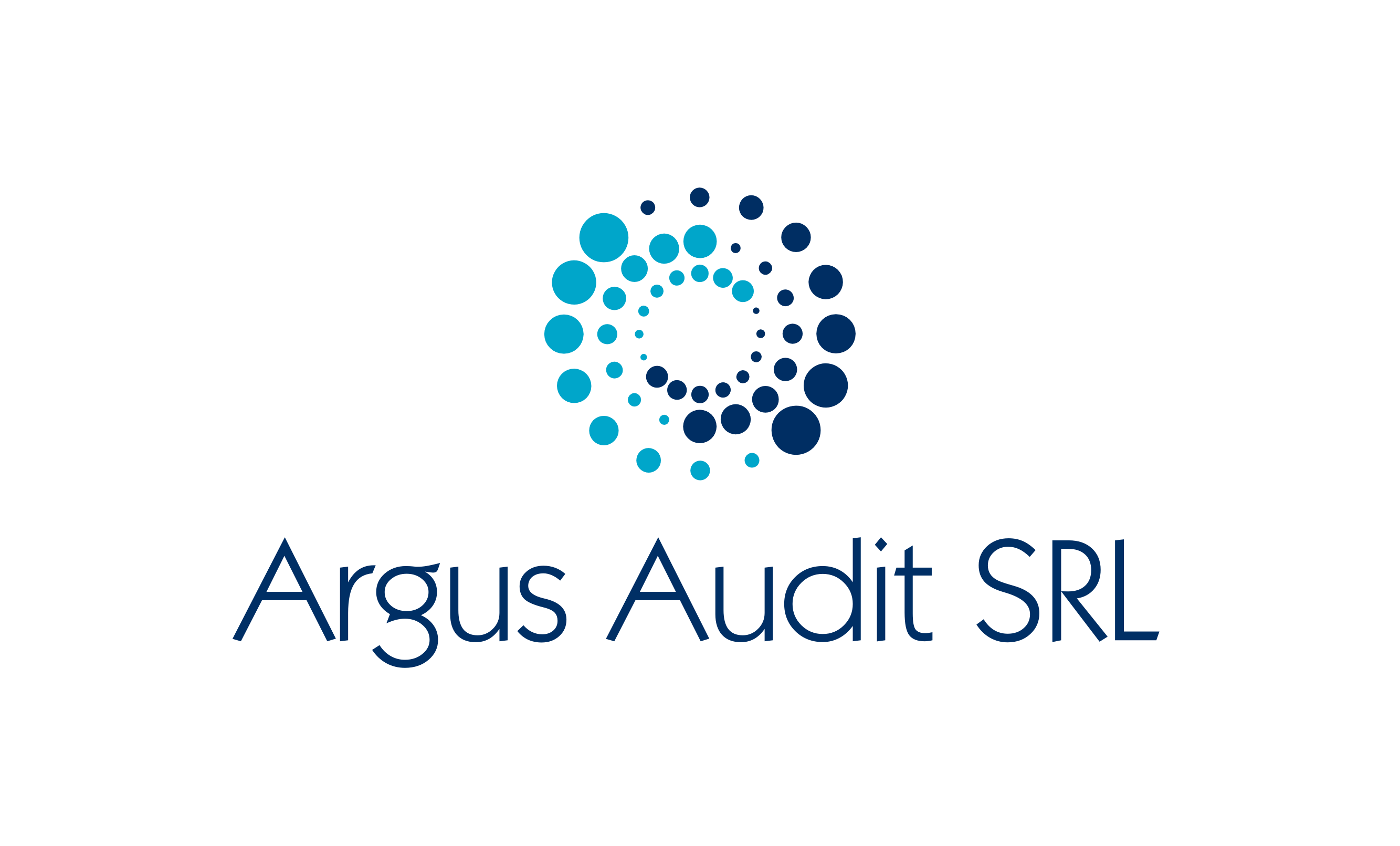Our article aims to address the subject of payment dividends, considering the importance of access to funds in compliance with legal regulation.
The most known situation regarding the distribution of dividends to the shareholders of a company occurs after the approval of the annual financial statements, pro-rated to paid share capital.
The legal document is the General Assembly Shareholders’ Decision establishing of the amount proposed and distributed as dividends.
In practice, most of the time, for companies with financial year as calendar year, the distribution of dividends takes place starting from March of the next year.
The Law no. 163/2018, entered into force on July 15, 2018, enables companies to distribute and pay quarterly interim dividends to its shareholders within the limit of the net accounting profit realized. The carried forward losses must be covered by profit. Only afterwards it is allowed the distribution of dividends
Thus, shareholders willing to access funds earlier may benefit from these legislative provisions.
This is done based upon Shareholders’ Decision, considering the interim profit of the company. To be able to distribute and pay interim dividends, the company has the obligation to prepare interim financial statements approved by the general meeting of shareholders and to prepare the patrimony counting file.
We highlight the fact that if the company is required to perform statutory audit, then the interim financial statements must also be subject of financial audit before dividends are distributed.
However, there is a possibility that at the end of the year the company’s profit to be lower than the level of dividends distributed and paid during the year. In this case, the regularization of the amounts must be made after the approval of the annual financial statements. The shareholders are obliged to reimburse the value of the distributed dividends in excess within 60 days from the date of approval of the annual financial statements.
If the shareholders do not comply with the term of 60 days, they must pay additionally minimum interest calculated according to art. 3 of the Government Ordinance no. 13/2011, approved by Law no. 43/2012, with the subsequent amendments. The level of the minimum legal interest rate is determined at the level of the reference interest rate of the National Bank of Romania (1.25% at present) plus 4 %.
By Articles of Incorporation or by the decision of the general meeting of shareholders, a higher interest rate at the level of the company may be applied.
The distribution of interim dividends can be seen as an advantage for shareholders for access to funds during the year if the company’s result can be realistically estimated. Otherwise, the return of the amounts can generate an expensive credit for the shareholders and a risk aspect for the corporate governance of the entity.
Our team of professional is available for any clarifications or additional details required in your analysis. The above information represents just a summary of aspects we consider relevant in the recently published legislation. This is not exhaustive disclosure of information and it is not intended to be used as advice on any particular matter. We invite all readers to contact us for further clarification of any specific issue. Argus Audit team and its associates disclaim liability in any action taken by a third party in reliance exclusively on summarized information presented in our publications.


